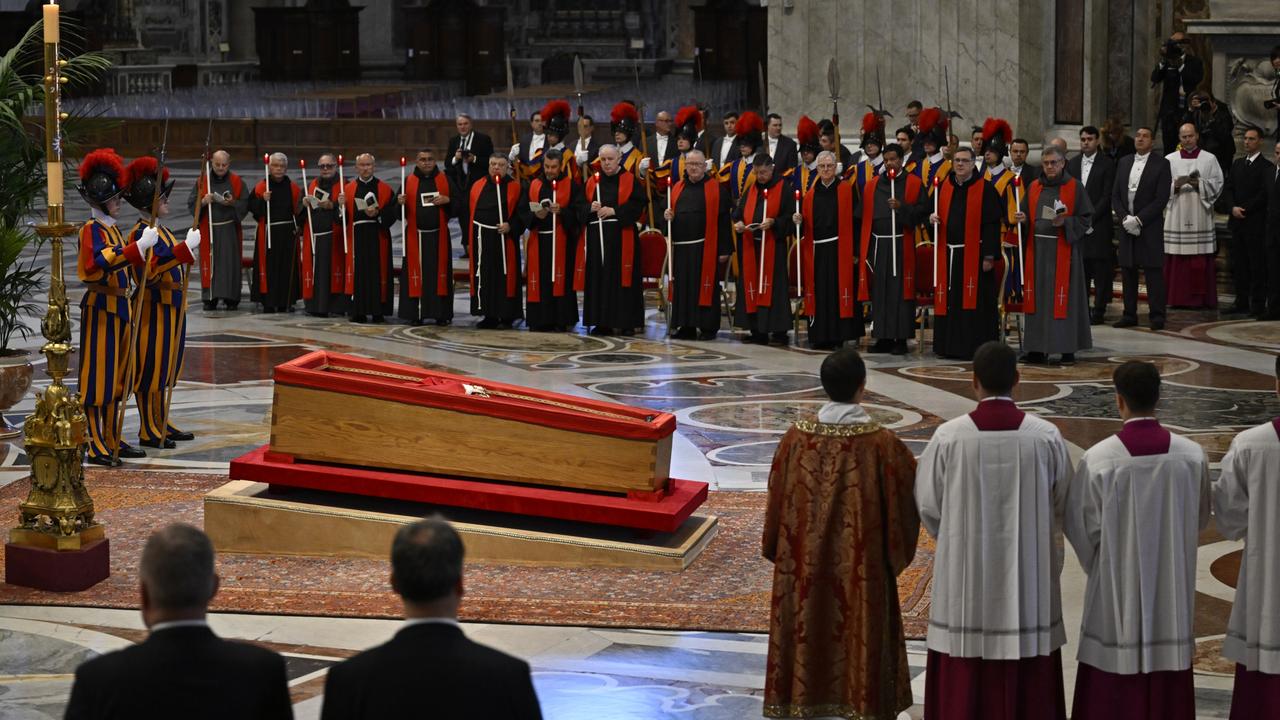Boris Johnson as PM is drama on a Churchillian scale
Johnson faces the most diabolical set of crises of any new PM since Winston Churchill.
That the potential for a military clash with Iran, which has cruelly exposed the shocking decline of the British defence forces, seems a minor side issue shows the depth of the real crisis.
Johnson is committed to honouring the 2016 Brexit referendum — the biggest vote for anything in British history — and leave the EU by the new deadline at the end of October.
But he will enter the prime ministership in a structurally weak position. At best, with the support of the Democratic Unionist Party, he will have a working majority of maybe two.
Establishment forces opposed to Brexit have stalled so effectively, with the overwhelming support of the British media, especially the BBC, that merely honouring the referendum result is now seen as radicalism.
MORE: Boris Johnson promises ‘can-do spirit’ | Divisions sabotage UK
The EU has acted with ruthless bad faith in making sure the terms of Britain’s exit are completely unacceptable. Theresa May’s weak, incompetent negotiations have established the two alternatives as a humiliating fake departure, in which Britain remains under virtually all EU rules, or a reversal of the referendum result.
Johnson has declared he will if necessary leave without a deal, meaning Britain would trade with the EU on World Trade Organisation rules, like Australia and the US. This option, which was originally May’s — “no deal is better than a bad deal” as she declared — has now been thoroughly demonised by the establishment.
This was evident in a deeply dishonest article by former prime minister Tony Blair this week that effectively argued Brexit was always a logically impossible project. Like many others who would overturn the referendum, Blair takes a complete coward’s refuge in saying that because the referendum was not explicit about the form of Brexit it therefore in effect has no moral force at all. That’s a new and novel way of overturning democracy: if you don’t like the result pretend the question was unclear.
But Johnson could not possibly go back on the referendum result.
So what are the alternatives?
First, Johnson will try to change the dynamics, possibly with a barnstorming campaign for his new government, possibly by radical new cabinet appointments, possibly by a big cash splash of domestic initiatives.
Second, if the EU has one ounce of wit, and it’s a big if, it could give Johnson the minimum face-saving change to the so-called Northern Ireland backstop and he could probably sell that interim agreement to his party and the House of Commons. Britain would still leave on terms heavily favourable to the EU, but there would be just enough dignity in it for Johnson to sell it as a big win.
One of the little understood realities is that almost the whole argument has so far only been about the withdrawal agreement that sets the terms of the relationship only for an interim period. Even if May’s interim deal had passed, the substance of the future UK/EU relationship would still have to be negotiated.
Johnson may have other alternatives. Calling a snap election could be appealing, and British government sources tell me it is under deep consideration for powerful reasons.
One, Labour leader Jeremy Corbyn is grotesquely unfit to be prime minister and increasingly unpopular. Two, Labour itself is split internally over Brexit. Three, Johnson could also run a big domestic agenda. Four, he would surely out-campaign Corbyn. And five he could promise to finalise Brexit forever if he gets a parliamentary majority. It would be a huge gamble. But in desperate straits it sometimes is wisest to gamble. In any event, a Johnson prime ministership won’t be dull.




Boris Johnson will face the most diabolical set of crises of any new prime minister since Winston Churchill took over at the start of World War II. A snap election may be his best course for breaking through the crisis.